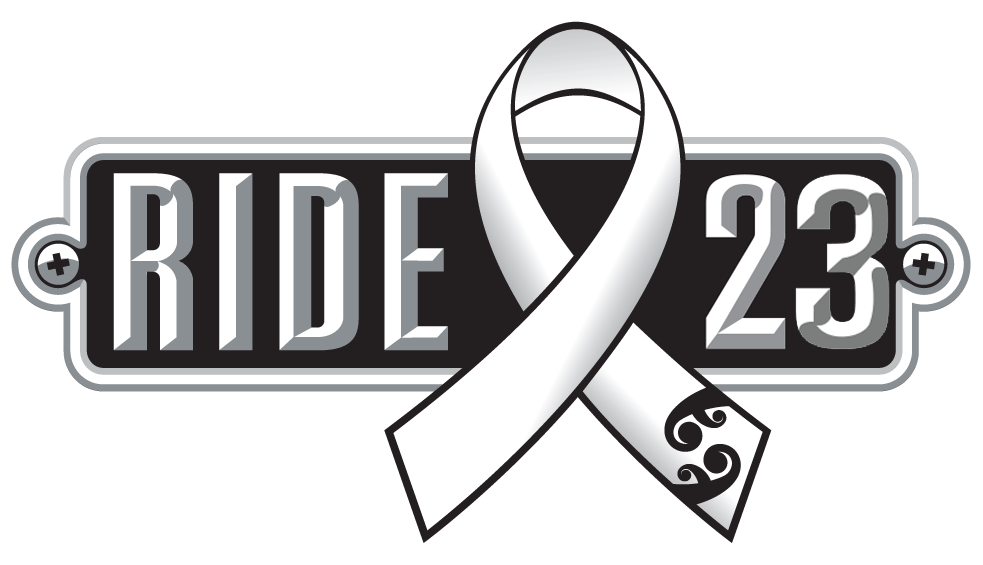Introducing new White Ribbon Chair Peter Boshier
April 23, 2013
Judge Boshier has been a member of the government’s Family Violence Taskforce for the past 6 years and was appointed a White Ribbon Ambassador in 2011. He sees family violence in New Zealand as a significant problem and is an area of social change he is most committed to.
Judge Peter Boshier was born and educated in Gisborne and attended Victoria University of Wellington obtaining a Bachelor of Laws with Honours degree in 1975. After a period of practise in Wellington he was appointed as a District Court Judge with a specialist Family Court warrant in 1988.
Judge Boshier developed a particular interest in child and youth offending and was the author of a 1999 booklet, Child Offenders Manual- a practical guide to successful intervention with child offenders. In 2000 he travelled to Samoa as part of setting up the Manukau Youth Court Pacific Liaison Service and while there was bestowed with the Matai title of Misa.
Judge Boshier’s close interest in the Pacific continued in 2002, when he was seconded by the New Zealand Government to teach judiciaries in the Pacific.
In 2004 Judge Boshier was appointed as the Principal Family Court Judge and held that position until late 2012. During this period he sought to open the court up so that its work was more accessible and more widely known.
Judge Boshier is currently a Law Commissioner with the New Zealand Law Commission, advising on aspects of law reform. In addition, he teaches a course at Victoria University of Wellington and for the Pacific Judicial development programme. In 2009 Judge Boshier was made a distinguished alumnus of the Victoria University of Wellington for his contribution to law. Judge Boshier continues to hold a warrant to sit as a District and Family Court judge.
From Peter Boshier
“I was honoured to have been made a White Ribbon Ambassador let alone asked to take on the role of chair on the advisory committee. For me, it’s an opportunity to further support a campaign that asks men to change other men’s perception of violence.
I grew up in a country that all too often glorified violence and brushed the devastation under the carpet. A serious assault against a woman was known as a ‘domestic’ and left to the family to sort while violence was often seen as a legitimate tool of persuasion – but those days are long gone. We now recognise the role the country has through such institutions as the Police, schools, hospitals, the It’s not OK Campaign and White Ribbon to eliminate violence against women. It is this effort alongside that of communities which must give us hope.
“We acknowledge that violence in New Zealand affects not one demographic, but rather all communities. In New Zealand the costs associated with family violence are estimated at between $1.2 and $5.8 billion each year.1 That’s a staggering monetary amount, but the real costs are often in the lives that are damaged and forever marred from the experiences of both physical and the fear associated with non-physical violence.
“While this evil is perpetrated by both men and women, White Ribbon is proud that it stands as a campaign that speaks to men. It offers men the opportunity to take responsibility to end the violence and change the behaviour of other men.
“That’s not to say that all violence is perpetrated by men, but what White Ribbon as a campaign can do, is work directly through men such as the White Ribbon Ambassadors, White Ribbon Riders and the campaign team, to change the attitudes and behaviour of a section of our society. In marketing terminology, the campaign is targeted, and I along with the White Ribbon Committee stand by that decision.
“I’m honoured to have my role announced at the same time the campaign publishes the 2012 White Ribbon Report. Having read the document I am impressed by the breadth and depth of the campaign. The campaign team has worked alongside providers throughout the country increasing the campaign’s reach and enabling communities to raise awareness and take action.
“There were:
- 237 events in November (which represents a 20 percent increase from 2011)
- 734 mentions in the traditional media during November, an increase of 120
- 88,802 visits to the White Ribbon website in 2012, averaging over 240 per day
- 7,100 Facebook friends with a reach that has exceeded 1.7 million people in 2012
- 86 communities were visited by the White Ribbon Riders
- 54 White Ribbon Ambassadors, many of whom publicly spoke out against violence towards women.
“While there’s no one simple cure to end what is a plague in our country, I believe that White Ribbon is making a difference. It is one part of a long-term solution that must and does involve a whole-of-government approach, along with its role to inspire communities to act as agents of social change.
“I look forward to the 2013 campaign and am excited as White Ribbon continues its journey towards becoming an independent entity outside of government. As those before me have said, White Ribbon is not just a campaign; it’s a movement of change. I hope you’ll join us as we make that change possible.
Judge Peter Boshier










You must be logged in to post a comment.